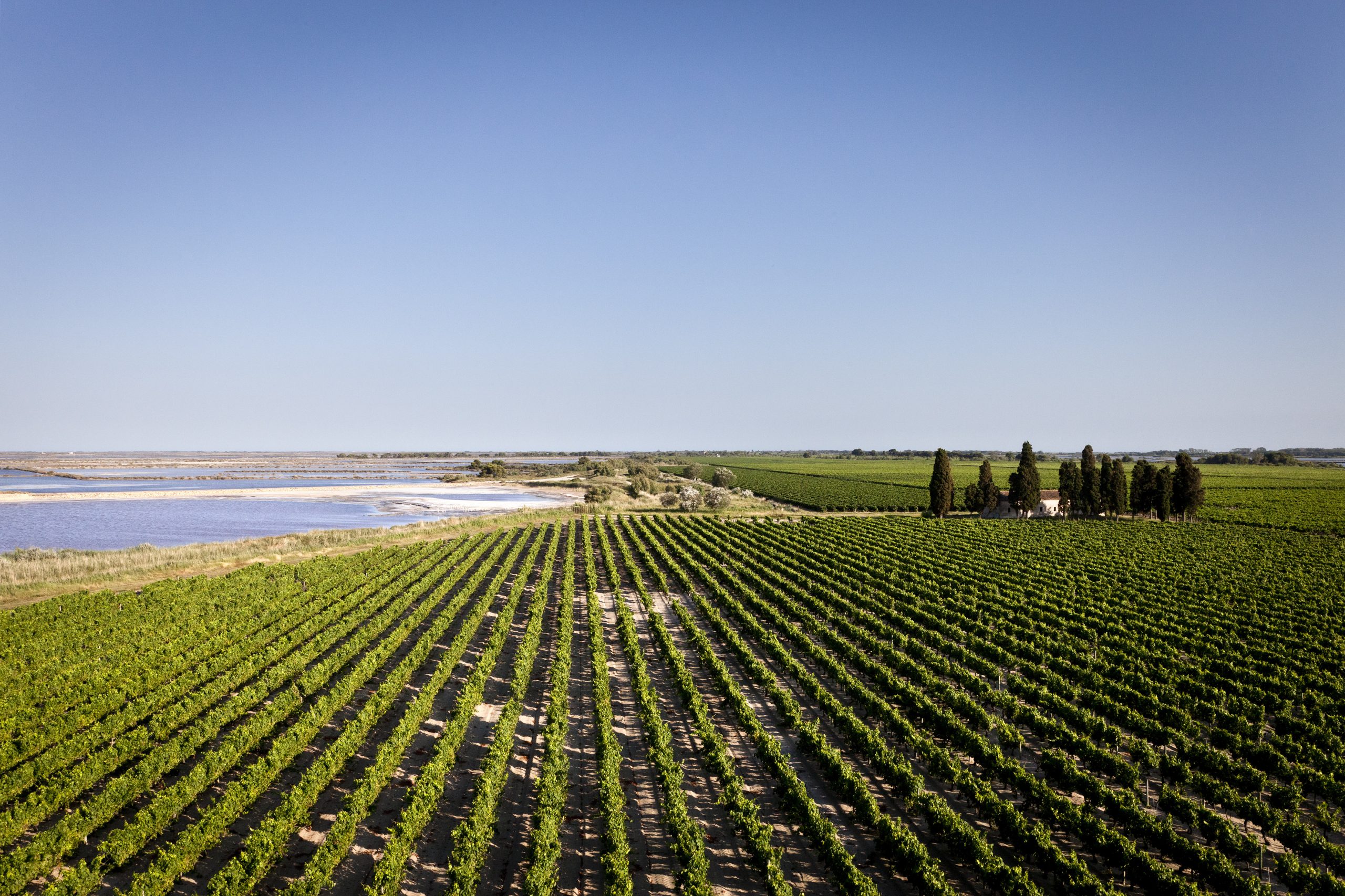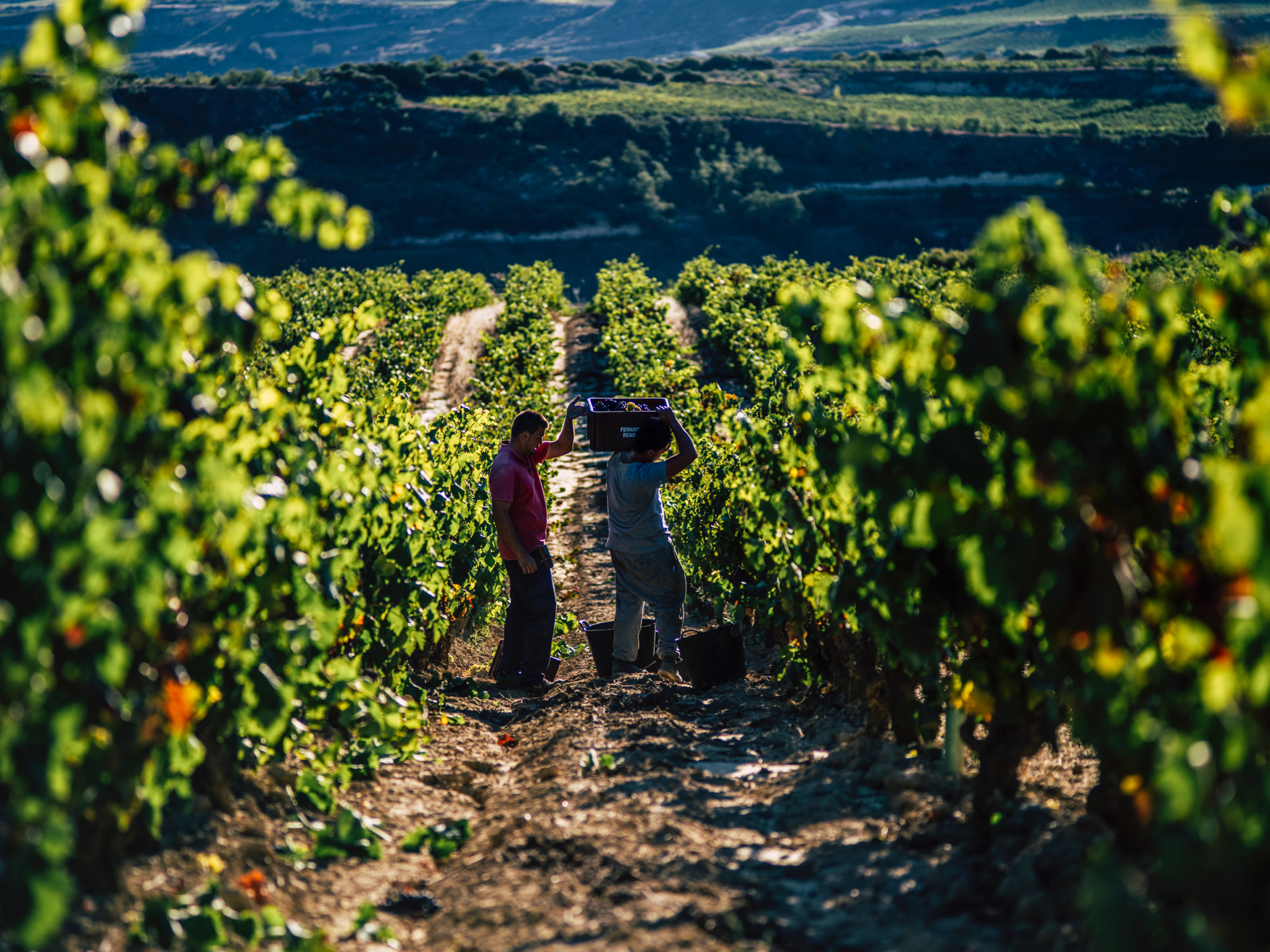Quarter of Brits want to cut down on booze, survey finds
‘Generation Sensible’ is leading the way as a quarter of Brits intend to cut down on booze, a new survey from the Portman Group has revealed, as it argued that reforming the ‘confusing’ labelling laws could unlock further growth.
Innis and Gunn, Innis and None Alcohol Free Pale Ale
The YouGov poll – one of the first surveys into attitudes towards low alcohol – found that 24 % of British drinkers are keen to cut back on booze, rising to nearly a third (31%) for the 18-24 year old bracket, dubbed ‘Generation Sensible’.
It found that 9% of the younger age bracket had already cut back with a further 22% intending to over the next six months, compared to 7% of the total polled, and 18% who itend to in the next six months.
The most popular reason for opting for a low alcohol drink – chosen by a third of the people surveyed – was being able to drive home from a event (32%), while more than a quarter (26%) said being social without drinking excessively was a key factor, and staying within the low risk drinking guidelines was a key driver for 13% of those polled. But it wasn’t all about drinking out of the home – 60% said they would consider drinking low alcohol alternatives at home, compared to 59% at a restaurant and 55% at a pub.
John Timothy, chief executive of the Portman Group said it was “fantastic” to see so many people embracing low alcohol alternatives as a way to continue to enjoy a drink whilst doing so responsibly.
“These findings are a reflection of the positive trends we are seeing when it comes to declining binge drinking levels and the cultural shift that is happening in the relationship between young people and alcohol.”
However he pointed out that while many producers were already investing heavily in low and no-alcohol products, not enough was being done to update the current, confusing labelling system.
“Given the importance of this sector to helping people make healthy choices about their drinking, more needs to be done to support its growth,” he warned.
Polling undertaken by the Portman Group earlier this year found that 68% of British adults thought it was clearer to have just one term to define a drink containing no more than 0.5% of alcohol, rather than the four that are used to describe low alcohol drinks.
Partner Content
Under the current rules, producers can only label a product as “low alcohol” if it has an ABV below 1.2%. Alcohol-free products must be 0.05% ABV or lower, and anything with an ABV of 0.5% should be called “de-alcoholised.” Drinks producers and industry leaders said the current guidelines are confusing for consumers.
“Getting rid of confusing descriptors would support consumers and help lead to the development of more products,” he said.
Brigid Simmonds, chief executive of the British Beer and Pub Association (BBPA), agreed, calling on the government to engage with the industry to bring the guidance in line with those in Europe and make it easier for consumers to understand what is on offer.
“Although we are experiencing a boom in the low and no-alcohol part of the category, there is a real need for the government to engage and help our industry to promote these products and bring the guidance on alcohol descriptors in line with that of our European neighbours,”she said.
Despite MPs getting in on the Act with a selection of no- and low-alcohol options being rolled out bars in the Houses of Parliament, in November the UK government’s Department of Health and Social Care confirmed to the industry that there would be no change to the current guidelines for labels on lower-strength beers, following a consultation into whether the current descriptors for low- and no-alcohol products resonated with consumers and industry.





So 75% of us are keeping calm and carrying on!
Cheers!!